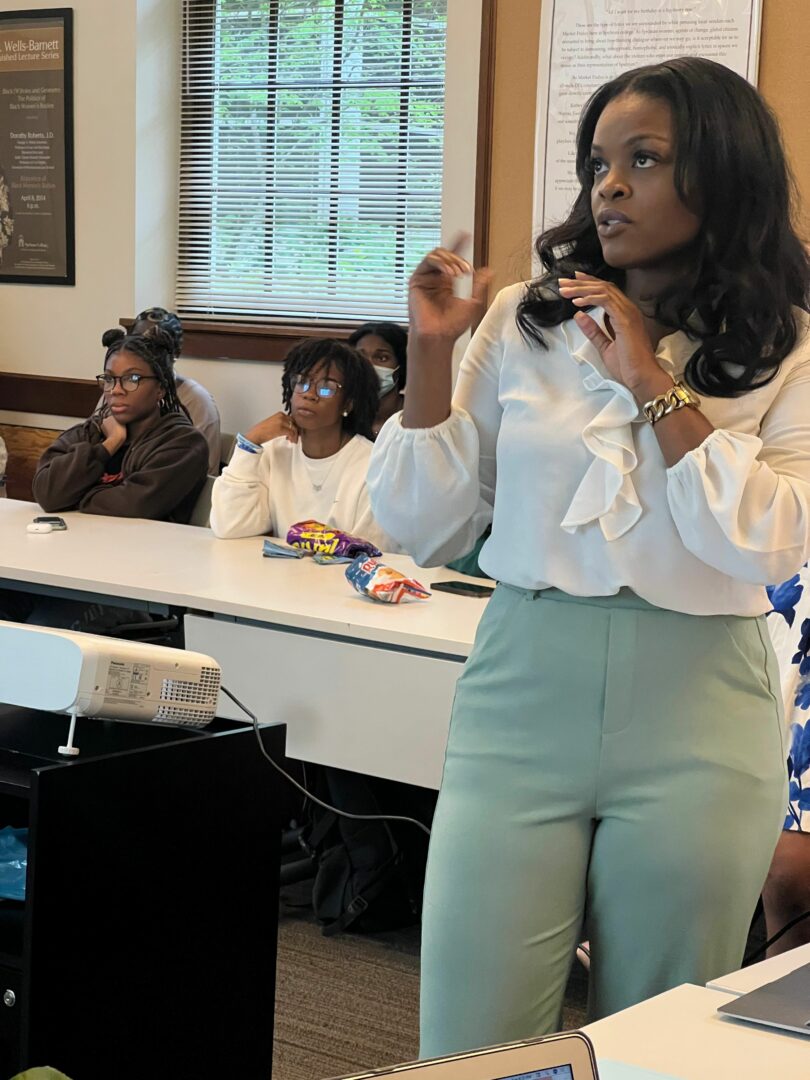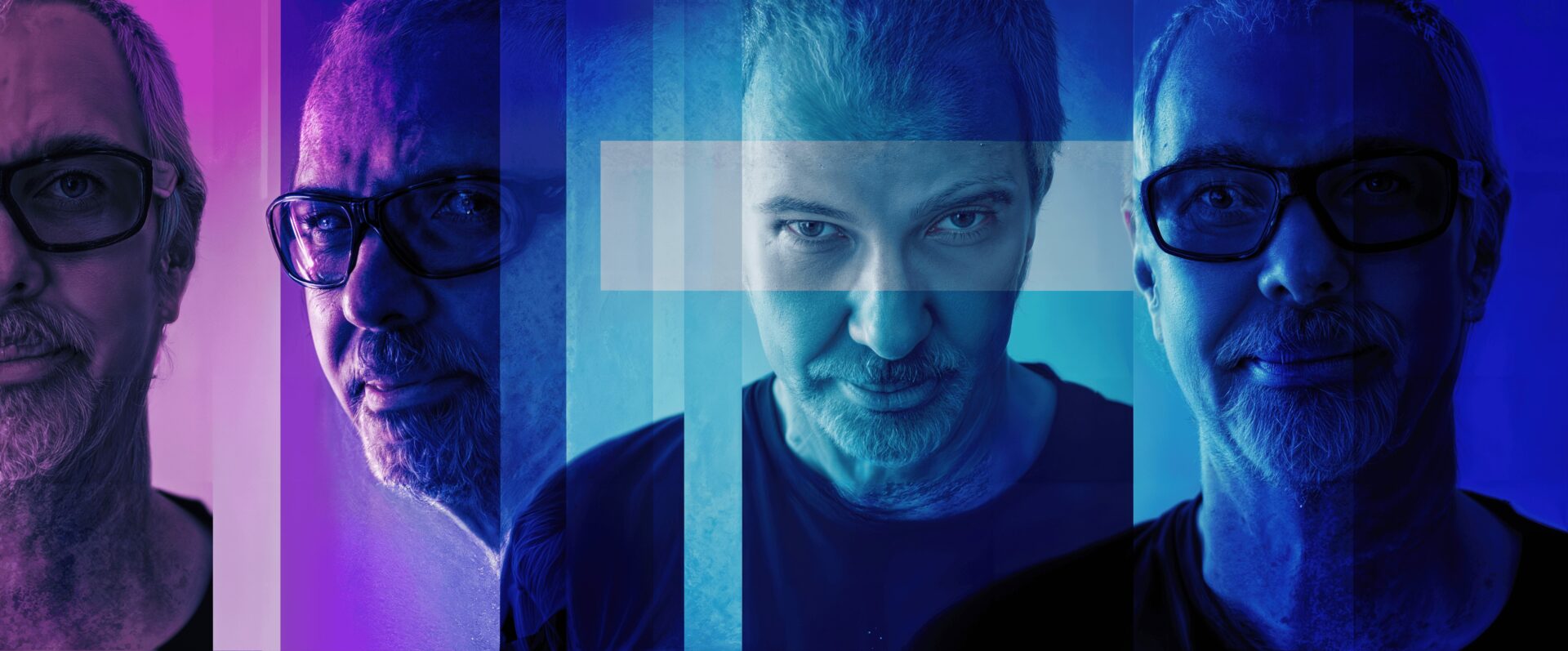We caught up with the brilliant and insightful Guyesha Blackshear a few weeks ago and have shared our conversation below.
Guyesha, thank you so much for joining us today. Let’s jump right into something we’re really interested in hearing about from you – being the only one in the room. So many of us find ourselves as the only woman in the room, the only immigrant or the only artist in the room, etc. Can you talk to us about how you have learned to be effective and successful in situations where you are the only one in the room like you?
The first time I walked into a room as the only one who looked like me, I felt the weight of expectation and the opportunity to make an impact. Thriving in these moments has required me to embrace what makes me different, while relying on preparation and skill-building to not just belong, but excel.
In corporate America, I’ve faced complex challenges with adaptability and expertise. When a last-minute change required me to pivot, I drew on my extensive knowledge from graduate studies in economics and prior projects to deliver a compelling presentations on the spot. In my personal projects, like Scholars & Dollars, Inc. and The Junior Economist, I’ve applied the same principles to empower others in a finance and economics space where representation is often lacking. Moments like these have reinforced that preparation and deep knowledge aren’t optional—they’re essential for success and driving lasting real-world change.
Being effective when you stand out is about three key things: authenticity, which allows you to bring a unique perspective; preparation, which ensures you’re ready for any challenge; and skill-building, which gives you the credibility to command respect.
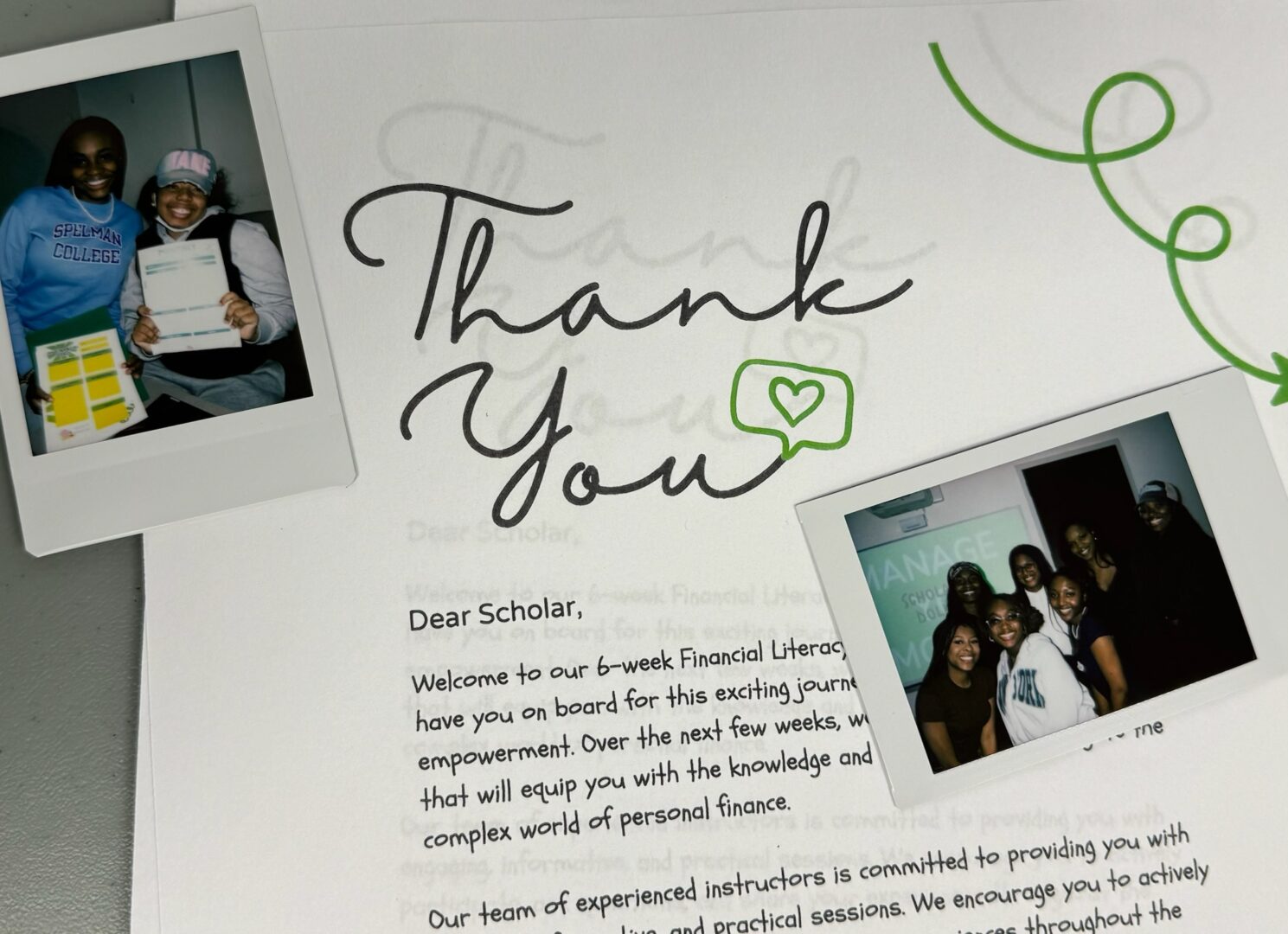
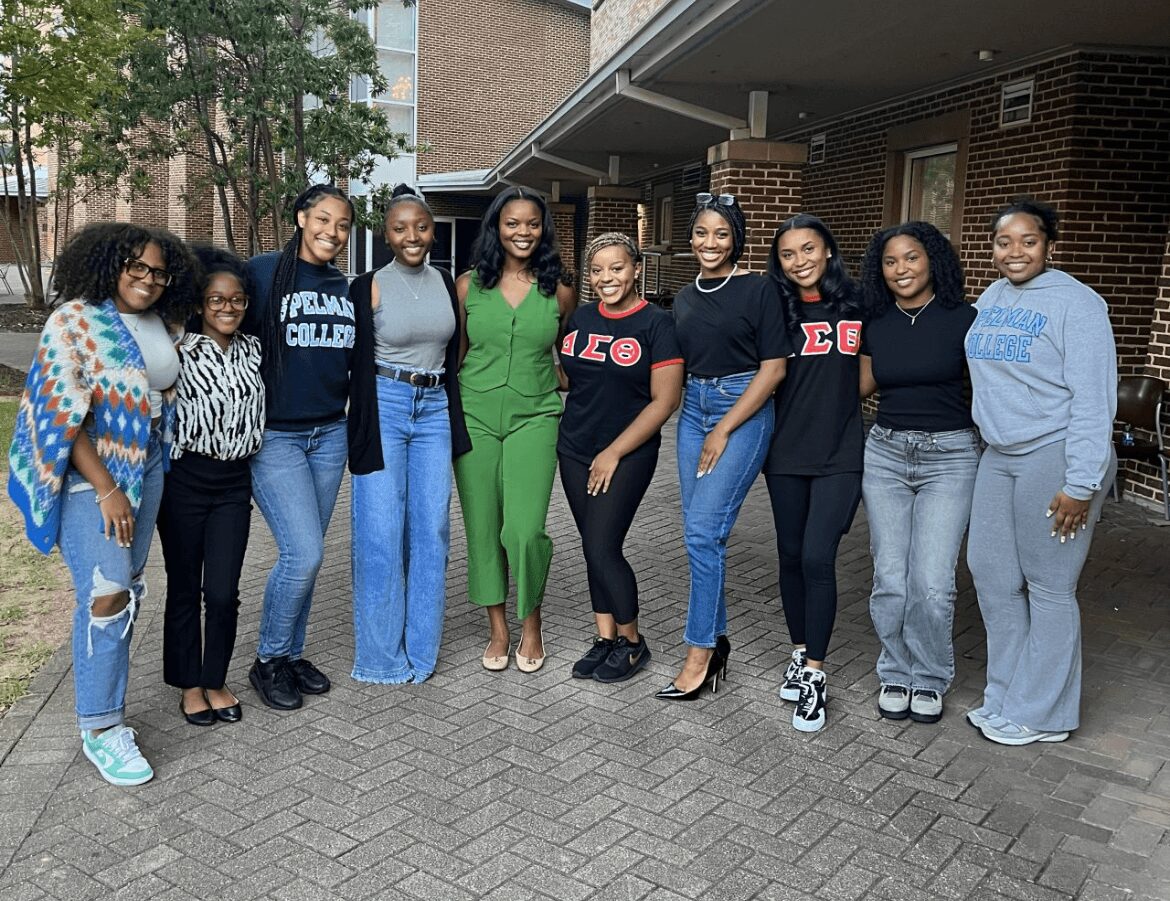
Let’s take a small detour – maybe you can share a bit about yourself before we dive back into some of the other questions we had for you?
Growing up, I never imagined that financial literacy could be a tool for transformation—until I experienced firsthand how a lack of understanding could limit opportunities. That realization shaped my mission as an economist and financial wellness educator: to make complex financial concepts accessible and actionable for those who need it most.
Through my nonprofit, Scholars & Dollars, Inc., I’ve created programs that empower underserved communities to take control of their finances and build sustainable wealth. One of my proudest achievements is launching a groundbreaking 6-week financial literacy program called ‘Manage Yo’ Money’ in partnership with the Spelman College Bonners Program—the first of its kind on the campus. Seeing participants walk away with the confidence to make informed financial decisions inspires me to expand this impact even further.
My work is unique because it connects economic theory to real-world application. From founding The Junior Economist, where I simplify economic trends and current events into relatable, actionable insights, to launching EconToolBox.com, a platform offering digital resources like micro e-books and budget tools, I’m focused on creating accessible solutions that meet people where they are.
Right now, I’m scaling my nonprofit’s reach with ambitious fundraising goals and community initiatives that focus on equipping the next generation with the financial tools they need to thrive. At its core, my work is about representation and empowerment—showing that financial literacy isn’t just about numbers; it’s about creating opportunities for a better life.
If there’s one thing I want readers to take away, it’s this: your knowledge is your power. And with the right tools, anyone can create a legacy of financial independence and stability.
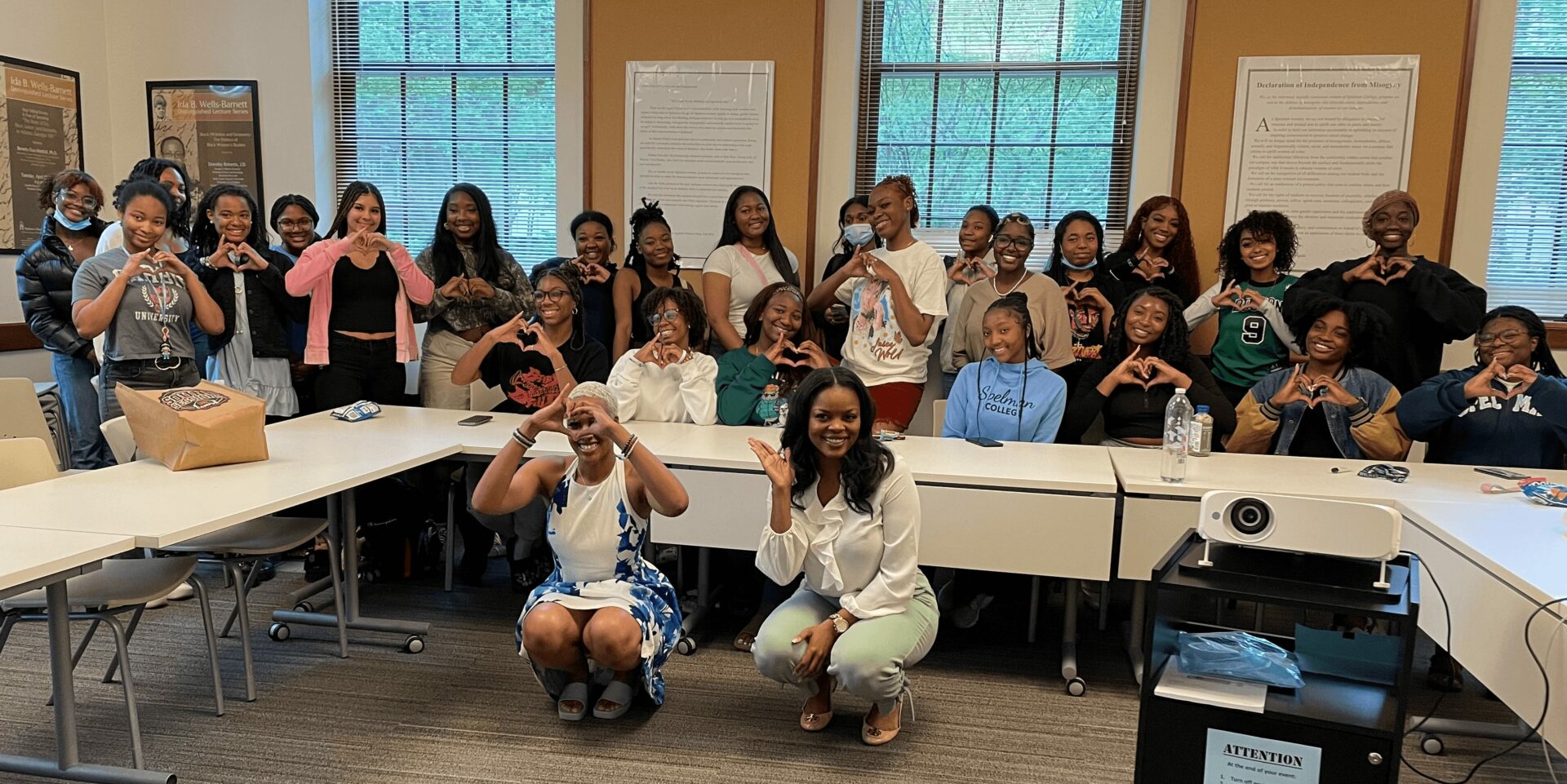

Looking back, what do you think were the three qualities, skills, or areas of knowledge that were most impactful in your journey? What advice do you have for folks who are early in their journey in terms of how they can best develop or improve on these?
Looking back, three qualities have been most impactful in my journey: resilience, confidence, and the ability to foresee trends and opportunities.
Resilience: Resilience has been a cornerstone of my success, especially in high-pressure moments. For example, at a major conference where I was scheduled to present, I learned at the last minute that my original section had been reassigned. Instead of panicking, I quickly pivoted, drawing on previous research I had conducted in economics. This unexpected shift not only reinforced my adaptability but also proved the value of being prepared and resourceful.
Confidence: Believing in my abilities—even when circumstances felt uncertain—has allowed me to show up authentically and advocate for myself. Preparing for that conference speech on such short notice required me to step into the room with poise, trusting in my knowledge and the work I’d done. Confidence, I’ve learned, doesn’t mean always feeling ready; it means trusting your ability to rise to the occasion.
Foresight: My ability to recognize patterns and identify opportunities has been transformative. It’s the skill that allowed me to design programs for Scholars & Dollars and produce relevant, timely content for The Junior Economist. By consistently asking, “What’s missing?” and “What can I offer?” I’ve been able to stay ahead of the curve. For example, that quick pivot at the conference wasn’t just about resilience—it was also about having the foresight to build a repository of research that I could draw upon when needed. This approach has not only saved me in critical moments but has also helped me create lasting impact through my work.
These qualities—resilience, confidence, and foresight—have not only guided me through challenges but also shaped how I approach opportunities. They remind me that success often lies in preparation, adaptability, and the belief that every setback can become a stepping stone.
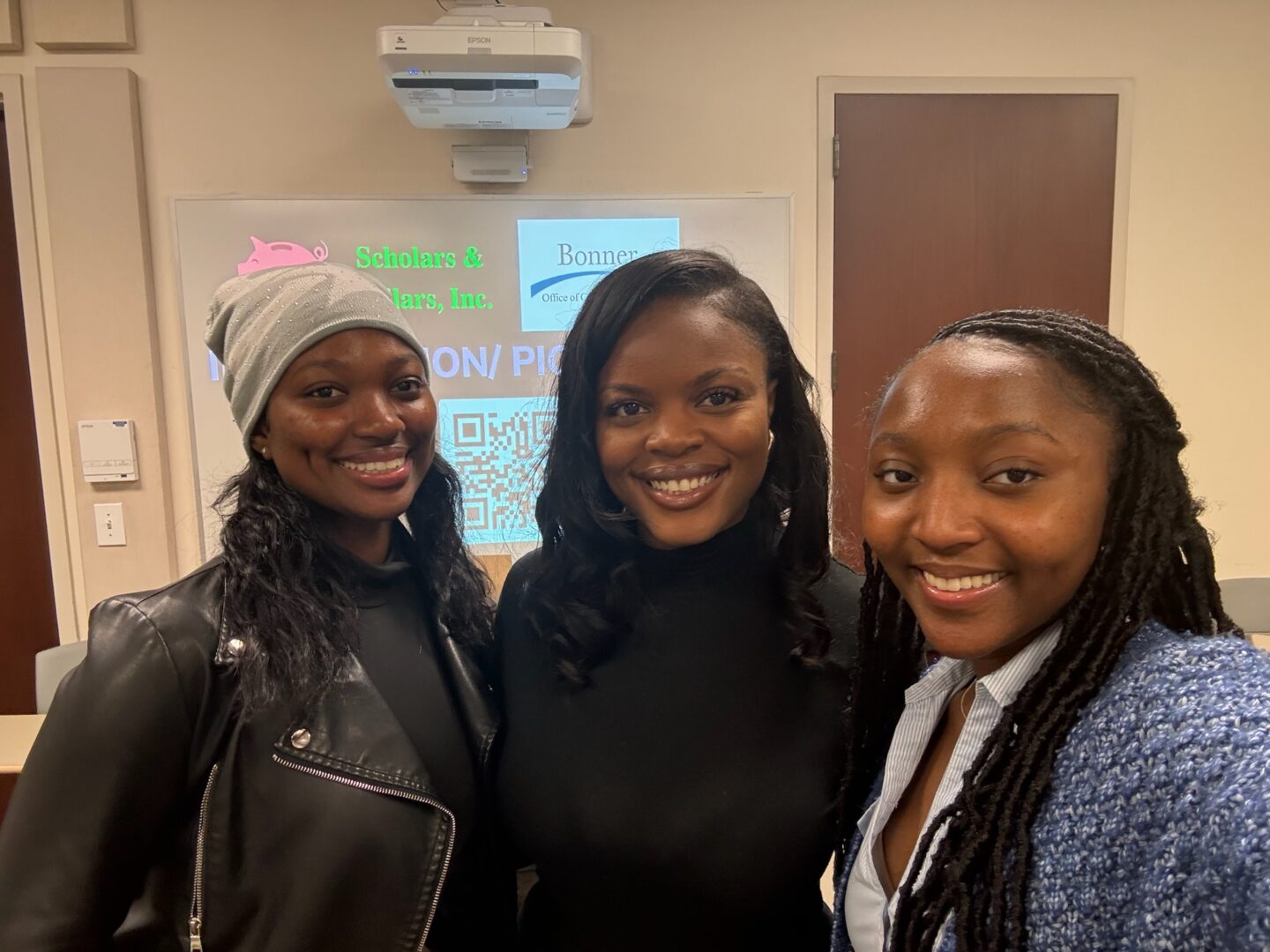
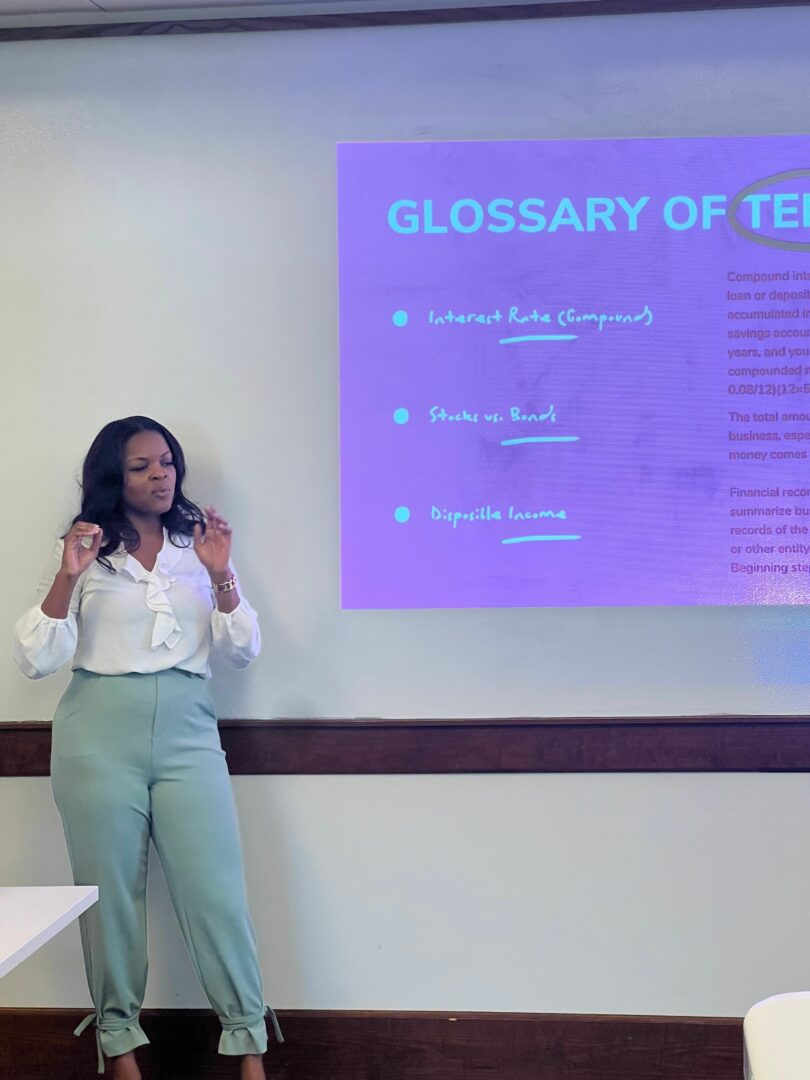
Who has been most helpful in helping you overcome challenges or build and develop the essential skills, qualities or knowledge you needed to be successful?
My parents have been instrumental in helping me develop the mental resilience and confidence necessary to thrive. My mother has always been a listening ear during challenging times, refilling my cup when I feel drained, and my biggest cheerleader, celebrating every achievement. She taught me that while it’s okay to feel disappointment when things don’t go as planned, like Jesus rising on the third day, I must pick myself up, shine even brighter, and conquer the world.My father, on the other hand, has been a guiding figure, instilling in me the importance of hard work, discipline, and integrity while always encouraging me to embrace and use my creative gifts. His belief in my ability to think outside the box and approach challenges with innovation has been key to my growth. Together, their love and support have shaped me into the person I am today.
Contact Info:
- Website: https://scholarsanddollars.org/
- Instagram: https://www.instagram.com/scholarsanddollars/
- Linkedin: https://www.linkedin.com/in/guyeshablackshear
- Other: The Junior Economist Links:
Website: https://thejunioreconomist.com/
TikTok: https://www.tiktok.com/@thejunioreconomist
Youtube: https://www.youtube.com/channel/UCYf–uN1sjuXnS3xw1zlF6g
Instagram: https://www.instagram.com/thejunioreconomist/
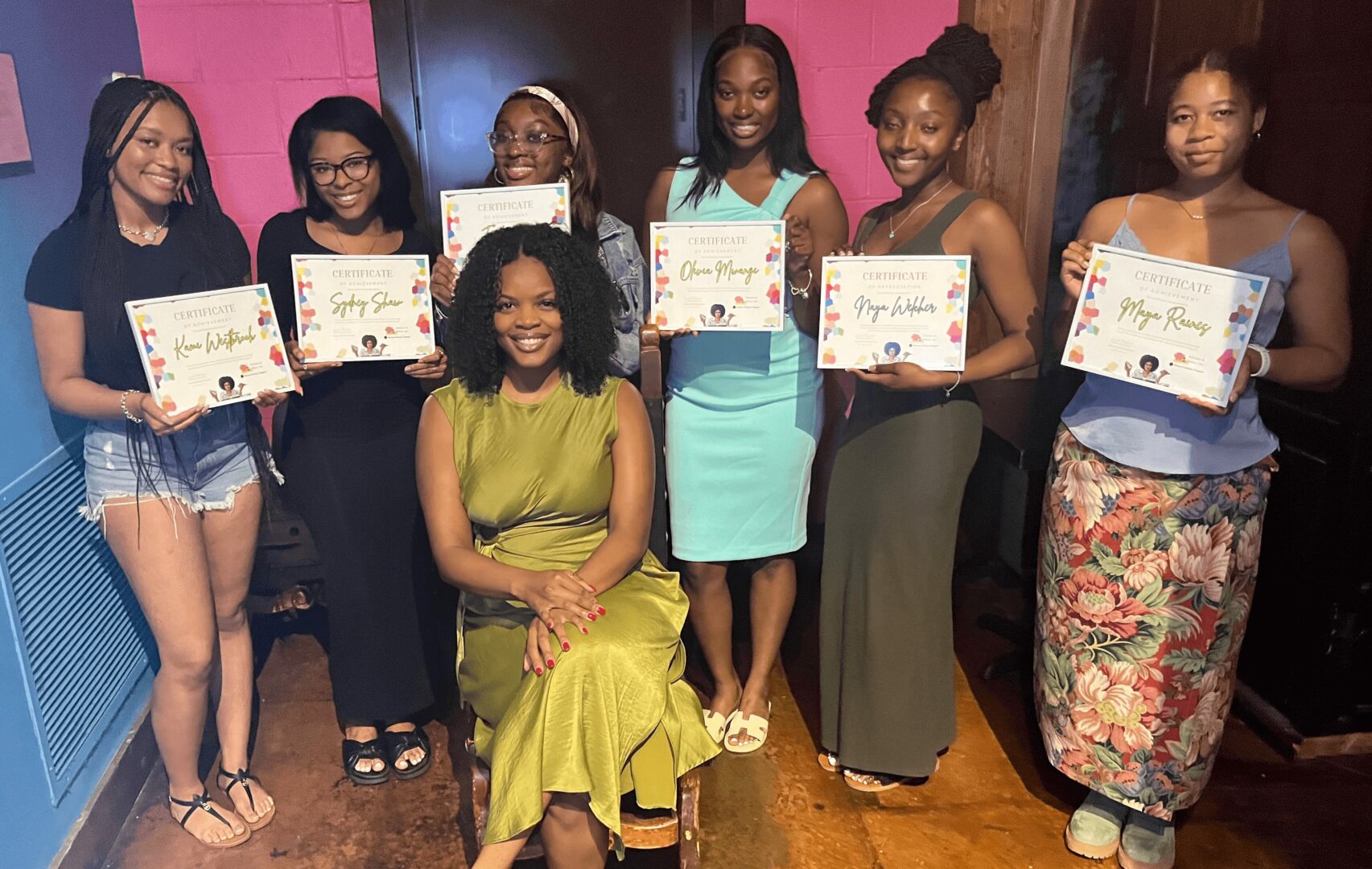
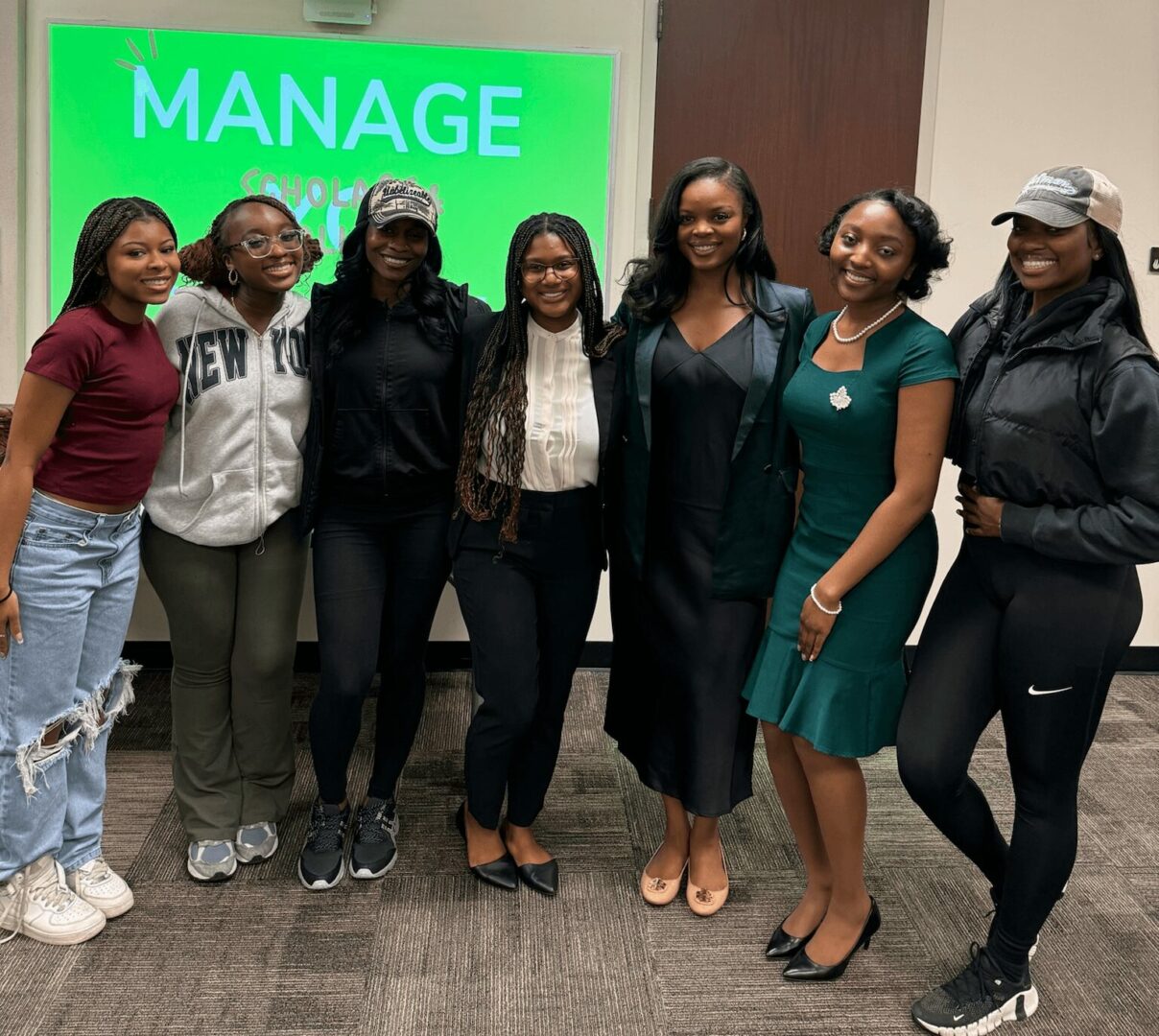
so if you or someone you know deserves recognition please let us know here.

